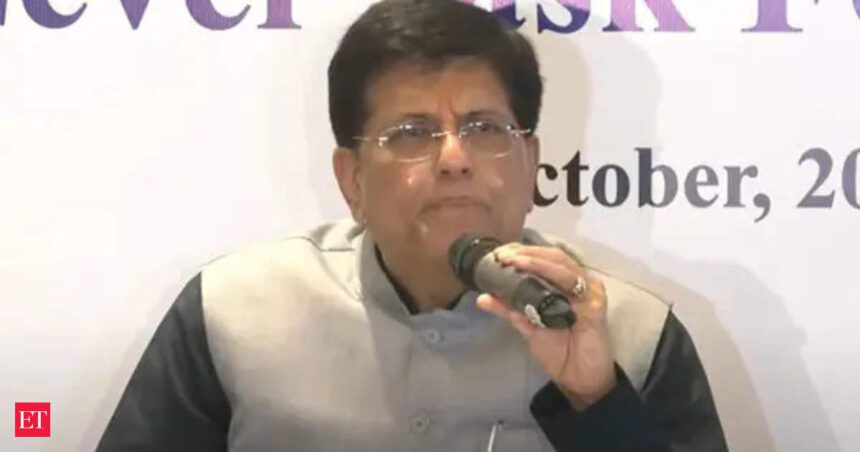The European Union’s regulations on deforestation and the implementation of a Carbon Border Adjustment Mechanism (CBAM) have been criticized by India’s commerce and industry minister, Piyush Goyal. He argues that these measures are unfair and will adversely impact Indian industries. Additionally, Goyal expressed concerns over the EU’s safeguard measures on certain steel products, describing them as irrational.
During the launch of the Federation of European Business in India (FEBI), Goyal emphasized India’s interest in establishing a free trade agreement (FTA) with the EU. He believes that the FTA process could be expedited if both parties focus on business and trade-related issues, rather than unrelated matters.
Goyal stressed that India should not be treated the same way as Southeast Asian nations in trade agreements with the EU. He emphasized the importance of mutual engagement through FTAs for resolving trade and business-related issues between India and the EU.
The minister highlighted challenges faced by Indian industries due to unfair regulations on deforestation and CBAM. He also mentioned that India, along with Brazil, Indonesia, and the US, has raised concerns about the EU Deforestation Regulation (EUDR) and the upcoming implementation of the CBAM in 2026.
Regarding the EU’s safeguard measures on steel products, Goyal criticized them as irrational and against WTO laws. He expressed disappointment over the lack of consensus on this issue and mentioned the possibility of imposing retaliatory customs duties on certain EU imports.
Goyal also touched upon climate change agreements and the importance of collaboration between developed and developing countries. He urged the EU to respect multilateral agreements and work towards mutual cooperation in addressing environmental challenges.
In conclusion, Goyal emphasized the need for bilateral discussions to address trade-related issues and promote ease of doing business between India and the EU. He highlighted the importance of upholding the rule of law and protecting investments to facilitate trade relations between the two sides.










